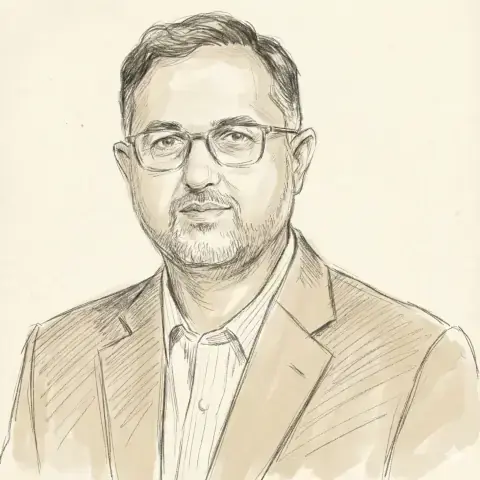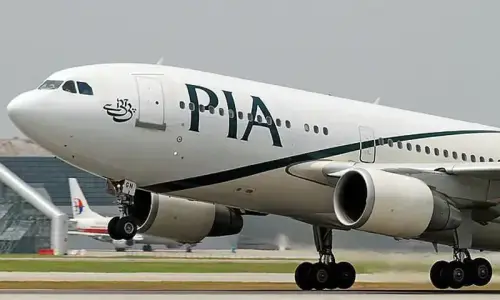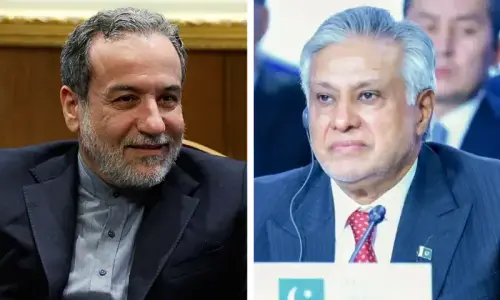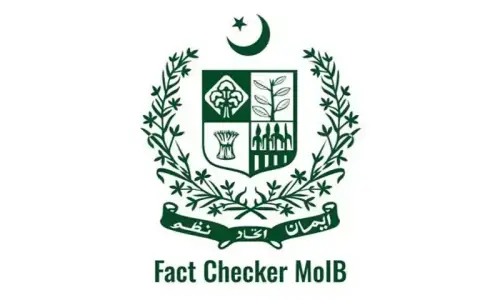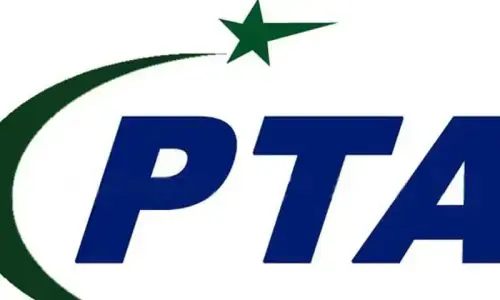ISLAMABAD: Army chief Gen Ashfaq Parvez Kayani met US Secretary of State John Kerry in Amman and asked for his help with President Hamid Karzai to further the reconciliation process in Afghanistan.
The meeting for which Mr Kerry had to specially travel from Iraq to neighbouring Jordan was held on Sunday night, but both sides made it public on Monday as the former headed to Kabul on an unannounced trip for meeting with Mr Karzai.
Mr Kerry’s agenda in Kabul includes discussions on reconciliation and transition and presence of US troops in Afghanistan after 2014.
“Both [Mr Kerry and Gen Kayani] discussed reconciliation process in Afghanistan and security issues concerning [the] South Asian region,” the Inter-Services Public Relations, the military’s public affairs wing, said about the meeting in Amman.
Secretary Kerry had intended to visit Pakistan, but then decided to skip Islamabad because of upcoming elections and instead met Gen Kayani in the Jordanian capital.
Notwithstanding improvement in ties at military-to-military and intelligence-to-intelligence levels, Pakistani authorities have been lately uneasy with President Karzai because of his uncompromising stance on the reconciliation process. The strategists in Islamabad think that Mr Karzai’s attitude has been unhelpful for peace process with militants.
The Americans too currently don’t have the best of relations with Mr Karzai, particularly after he accused them (US) of collusion with the Taliban.
“[President] Karzai should stop insisting on preconditions for engaging with the Taliban,” a Pakistani official familiar with behind-the-scenes developments said.
Pakistan, which last year started releasing the Afghan Taliban leaders in its captivity to push the peace talks, is averse to President Karzai’s conditions that the Taliban first issue a statement that they would engage with the High Peace Council and not with the US, except for the release of those kept at the Guantanamo Bay detention centre. Moreover, Islamabad is of the opinion that Mr Karzai’s position of not agreeing to Track-II dialogue was also problematic.
“That’s a red herring,” a Pakistani official said.
“People are trying to open dialogue between warlords and Taliban. We are opposed to it. Whose purpose would that serve?” Afghan Ambassador Umer Daudzai had said at a seminar at a university earlier this month while explaining the Karzai government’s opposition to Track-II dialogue.
The Afghan diplomat had further said that peace should be between the state of Afghanistan and any faction involved in fighting. “We are opposed to any move degrading the state of Afghanistan,” he added.
The process for release of more Taliban detainees has been on hold since the start of this year. The two countries had at the Chequers (UK) Summit agreed to put in place a new mechanism which gave Afghans greater say in the release of detainees. However, the same has not been activated as yet.
Pakistanis have been awaiting the appointment of new US Special Envoy for Afghanistan and Pakistan, who could address some of these contentious issues.


